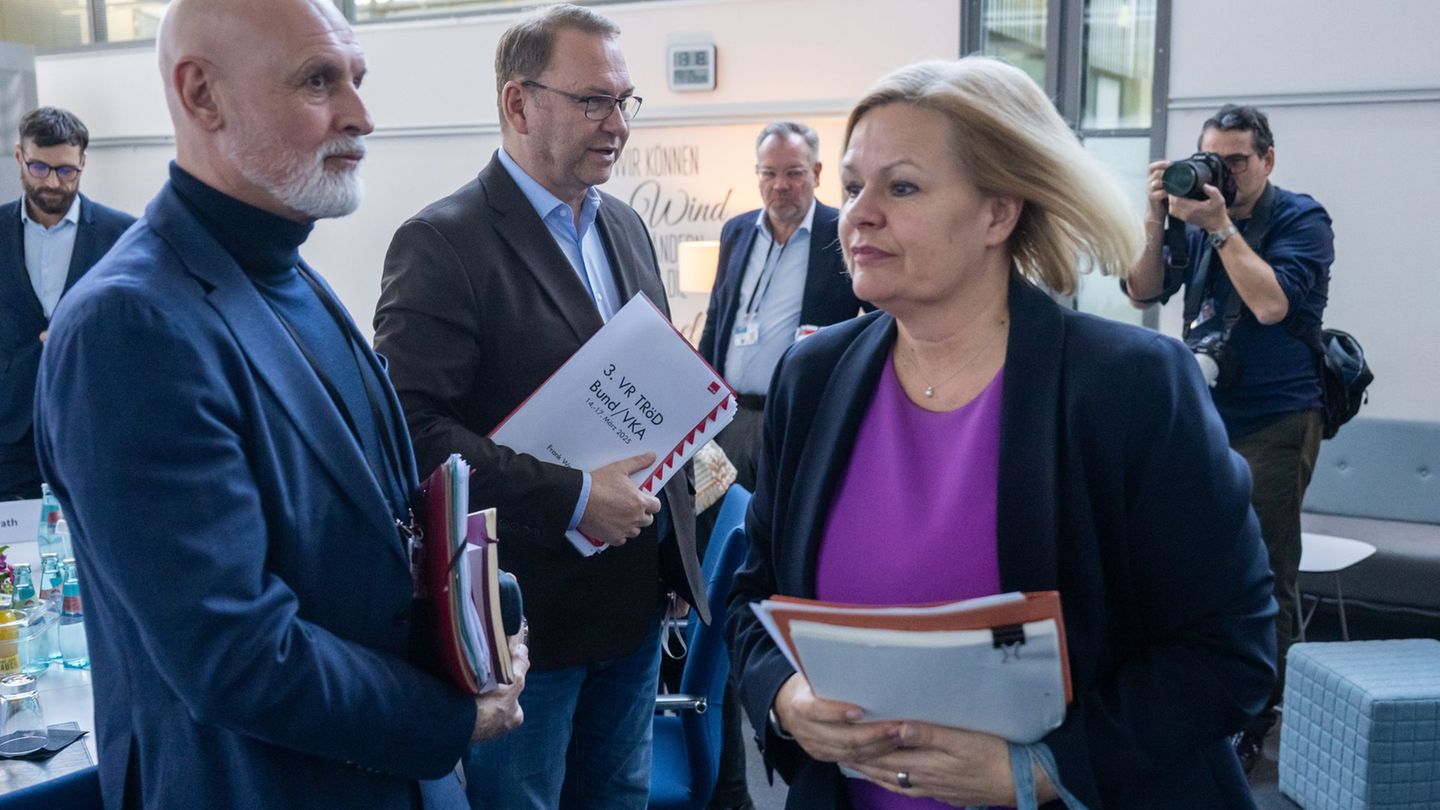I have been working in the news industry for over 6 years, first as a reporter and now as an editor. I have covered politics extensively, and my work has appeared in major newspapers and online news outlets around the world. In addition to my writing, I also contribute regularly to 24 Hours World.
Menu
BUND and municipalities: Collective bargaining in the public service for the time being
Categories
Most Read
President of Madagascar flown out after violent protests
October 14, 2025
No Comments
Hamas hostages: Remains of four dead identified
October 14, 2025
No Comments
Gaza Agreement: Qatar: Talks are underway on the next phase of the Gaza war
October 14, 2025
No Comments
Middle East: Report: Israel calls for progress on return of dead
October 14, 2025
No Comments
Donald Trump compliments Giorgia Meloni at the peace summit
October 14, 2025
No Comments
Latest Posts

“9 places – 9 treasures”: After the state horticultural show, the next “big event” follows for Schärding
October 14, 2025
No Comments
The anticipation of taking part in the final of the ORF show “9 Places – 9 Treasures” is great among everyone involved in Schärding: Mayor

Car rolled away and buried woman (67) in Eschenau
October 14, 2025
No Comments
The 67-year-old ended up lying between the car, wooden wall and meadow. The vehicle was recovered using a crane. Rescue, emergency doctors, police and members

“A Knight Of The Seven Kingdoms”, the long-awaited prequel series to “Game of Thrones” presented its official trailer
October 14, 2025
No Comments
October 14, 2025 – 10:28 From the world of Westeros created by George RR Martin comes an endearing story centered on the adventures of an
24 Hours Worlds is a comprehensive source of instant world current affairs, offering up-to-the-minute coverage of breaking news and events from around the globe. With a team of experienced journalists and experts on hand 24/7.

